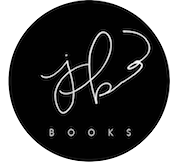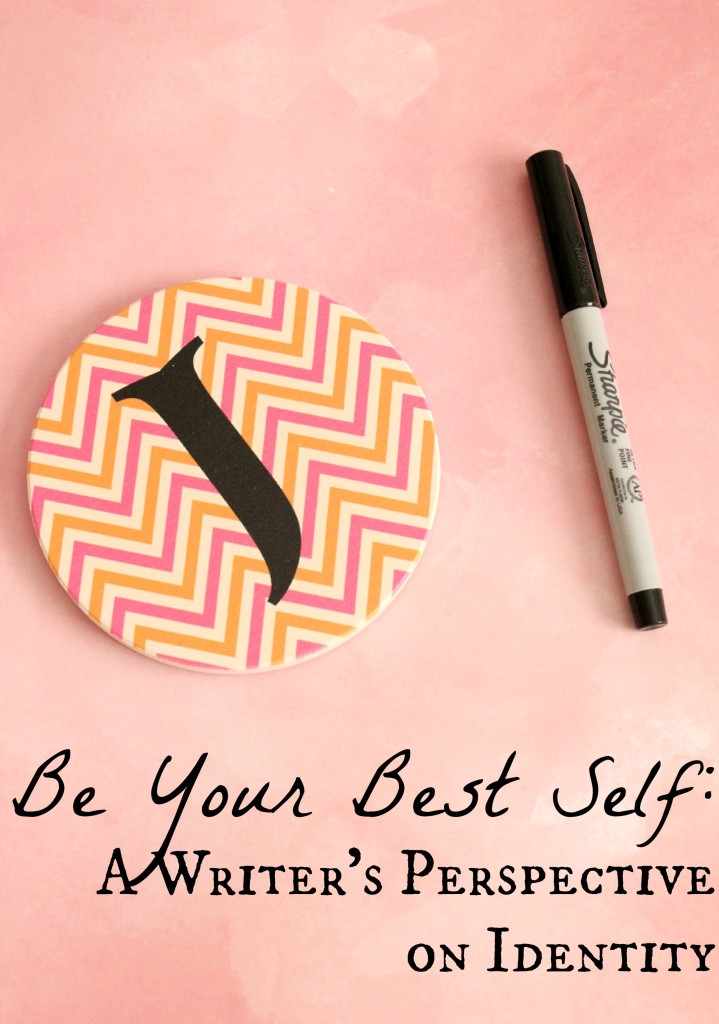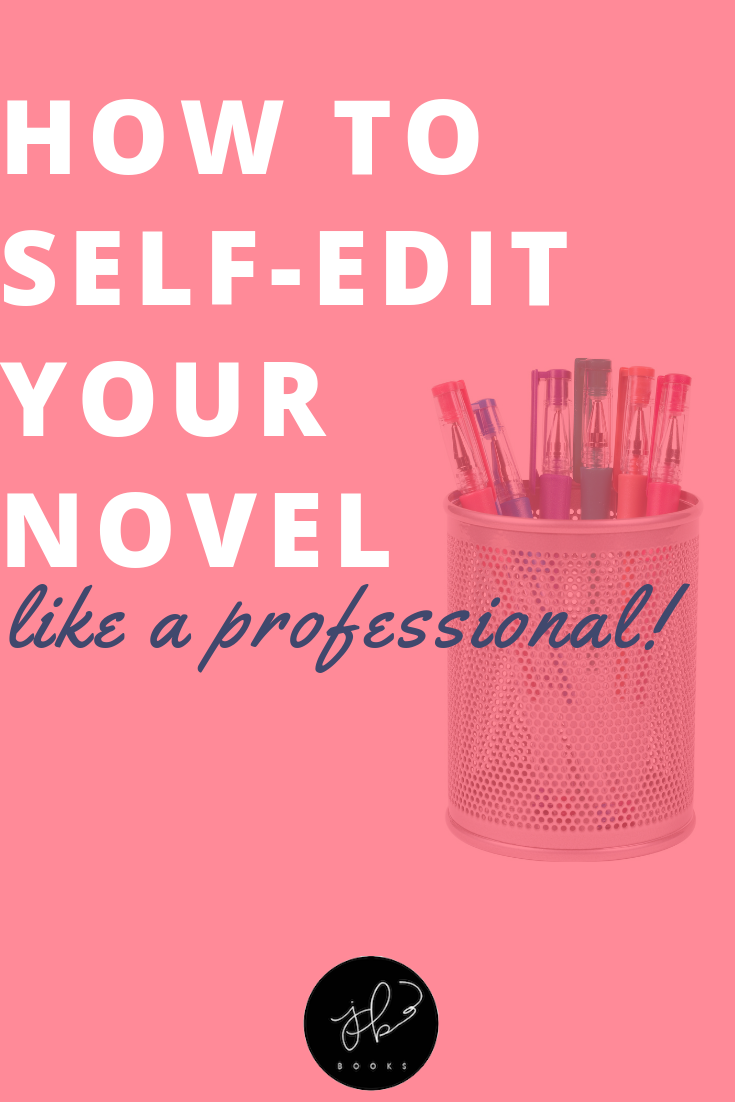This is the #4 in a fifteen post series, entitled "15 Days to Writerly Awesome in 2015," posting on Sunday, Monday, Wednesday and Friday of January.
I hope you're reading this from your bed, a cup of coffee on your bedside table, and sleep still in your eyes. (Gross.) Because it's Sunday, I invite you to do zero productive things. You've earned it. But if you feel inclined to read this post while you lounge, well, who am I to stop you? Today, we're taking a writing break, and talking about you, the writer.
We hear about author platforms all the time. Be available to your audience, but not too in their face. Be on Twitter and Facebook and Instagram, but don't stretch yourself too thin. We get so caught up in checking off our lists that we forget to just be ourselves. Some of my favorite writers — John Green, Rainbow Rowell, Ransom Riggs — are my favorite not only because of what they've written, but because of who they are. To clarify: writing is not a popularity contest. But having a personality can only work in your favor. A few thoughts on how to be your best self:
Act, Don't Simply React
If someone has taken the time to tweet you or comment on your blog, by all means, answer them. Manners, man. But don't wait around for that. The Internet is a dialogue between you and readers, as well as you and other writers. Schedule a little time in your day to explore. Look at other people's blogs, scan your Twitter feed and respond to people you follow, search your Instagram and find new friends. You are not a Queen waiting on your subjects. You are a person. They are people. Be a part of the conversation, not as a strategy, but because you are genuinely interested in the lives around you.
Be Open About Your Failures
We don't admire the people we admire because they are cyborg perfectionists. Failures are an inevitable part of life, and they don't make you a failure. People love an underdog and respond to real, live people. If I were a picture perfect Barbie doll, telling you about how I've mastered the publishing world with my wit and charms, you would hate me. This is 2015, people.
Celebrate what makes you different. There are so many times when I'm sitting inside on a Saturday night, thinking, "I'm 23. Shouldn't I be at a bar or something?" But then I remember my goals and that I don't have to be everything at once. That's a pretty awesome feeling. Speaking of honesty, my friend Ashley R. Carlson does it best. Hop over to her blog and fall in love.
Be Your Best Self, Not Someone Else's
How many times have you caught yourself trying to be a copy cat? "Well, John Green uses tumblr, so I should too." "Tahara Mafi started a lifestyle blog, so I should definitely do that as well." "Hugh Howey was such a successful self-publisher, so I'm going to self-publish too." Here's an important truth for you: what works for one person, does not work for all. The book world is evolving every single day. If you try to write based off of trends or market yourself in the latest fad, then you're setting yourself up for a loss.
Find your own voice. It's actually pretty simple. All you have to do is be yourself. (Yes, this is cliché. Doesn't mean it's not true.) This is to your own advantage: if people love you, they'll want to support you, meaning they will buy your work. Being who you are can only help you, and isn't it so much easier? Stop trying so hard. Just wear your onesie and let your hair down.
Discussion Time: Let's get to know each other: Tell me about yourself! In what ways are you practicing your best self? How do you embrace your identity?






